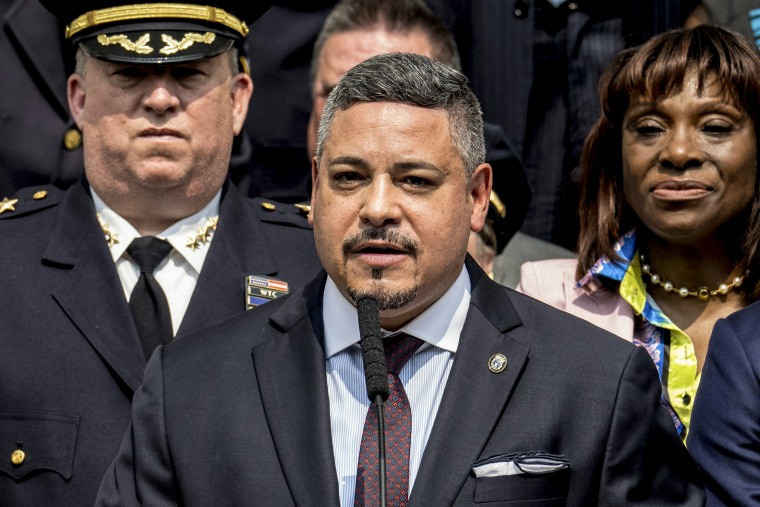Life sentence for Cranbrook double murder: A Case of Tragic Mistaken Identity
A man has been sentenced to life in prison with the possibility of parole after 14 years for his involvement in the tragic murder of an innocent couple near Cranbrook in 2010. Colin Correia pleaded guilty to two counts of second-degree murder in the shooting deaths of Leanne MacFarlane and Jeffrey Taylor. This wasn't a random act of violence; it was a case of mistaken identity, a targeted hit intended for a rival gang member who had previously resided at the same location.
The Crime and its Aftermath
The murders occurred on May 29, 2010, at a rural residence just outside Cranbrook. MacFarlane and Taylor, an engaged couple who had recently moved from Salmon Arm to open a cellphone store, were shot inside their home after two masked individuals forced their way in. MacFarlane died at the scene; Taylor succumbed to his injuries at the East Kootenay Regional Hospital. The intended target was Doug Mahon, a rival gang member who had previously lived in the same house. Seven months before the double murder, Mahon had been involved in a shooting at the Sam Steele Hotel in Cranbrook. The impact on the victims' families was devastating, described in heartbreaking victim impact statements. MacFarlane's sister-in-law recounted confronting one of the gunmen, a terrifying experience where the gunman pointed a pistol at her head, asking, "where the fuck is Doug?" before leaving. The profound grief and lasting trauma experienced by the families are palpable in their words. MacFarlane's sister, Wendy Holland, poignantly described the irreplaceable loss, “My sweet sister was gone. I'll never see her again. I won’t be able to hear her beautiful laugh or see her beautiful smile. She was such a gem.” MacFarlane's daughter, Randi Hill, shared the horrific task of cleaning her mother's blood from the floor. This horrific event left an indelible mark on the family. The emotional toll is evident in the powerful statements provided during the sentencing hearing.
The Legal Proceedings and Conviction
Correia's path to conviction was complex and spanned several years. In 2013, he and Lorne Carry were convicted of conspiracy to commit murder against Mahon. However, the charges related to the actual murders remained unresolved. Correia's eventual arrest in 2018 while on parole for the conspiracy conviction marked a turning point. During police interviews, Correia provided a detailed account of the events of May 29, 2010. However, these statements were initially ruled inadmissible due to concerns about "police trickery." Following a trial in 2020, Correia was acquitted. The Crown appealed this acquittal, and the Court of Appeal overturned the decision in October 2024, ordering a new trial. This led to Correia's guilty plea and the subsequent life sentence.
The Role of Police Trickery
The initial inadmissibility of Correia's statements was a crucial turning point in the case. The judge's conclusion that the statements were obtained through police trickery highlights the complexities of police interrogation and the importance of ensuring fair legal proceedings. The police's actions directly impacted the initial trial's outcome, eventually leading to the appeal process and the guilty plea. The appeal court's decision to overturn the acquittal underscores the significance of adhering to legal procedures to ensure justice prevails.
The Impact of the Appeal
The successful appeal by the Crown ultimately led to the life sentence handed down to Correia. It demonstrates the importance of perseverance and the legal system's ability to rectify errors. The complexities of this case exemplify the challenges involved in obtaining justice, especially in cases involving significant legal and evidentiary hurdles. The perseverance of the Crown's office, in pursuing an appeal and obtaining a conviction, is commendable in the pursuit of justice for the victims and their families.
The Sentence and its Implications
Justice Michael Tammen delivered the sentence in Vancouver Supreme Court, adhering to a joint submission from the Crown and defense. While acknowledging that no sentence could fully compensate for the loss, Justice Tammen emphasized the gravity of the crime and the mandatory life sentence as the most severe penalty under Canadian law. The court considered not only the heinous nature of the crime itself but also the substantial impact it had on the victims' families. This case highlights the devastating impact that violent crimes have not only on the immediate victims but also on their extended families and communities. The sentencing will not ease the pain and suffering of the victims’ families, but it does bring a degree of closure.
A Path Towards Closure?
Correia's expression of remorse and his demonstrable positive behavioral changes while incarcerated (including completing his high school diploma and reconnecting with his family), as presented by the defense, were factored into the sentencing. However, these mitigating factors do not diminish the severity of the crime. The case of the Cranbrook murders serves as a stark reminder of the devastating consequences of violence and the enduring impact on the lives of victims and their loved ones. The outcome, while offering a degree of justice, will continue to reverberate through the lives of those affected. Justice is not an exact science, and the ongoing struggle with the fallout of violence is a reminder of its far-reaching and lasting effects.
Correia’s path towards rehabilitation is a complex and ongoing process. The severity of his actions cannot be understated, but his efforts to improve himself, as acknowledged by the court, offer a glimmer of hope for personal growth and redemption. The case concludes with a life sentence, but it continues to raise questions about criminal justice, restorative justice, and the search for closure after tragedy.



















